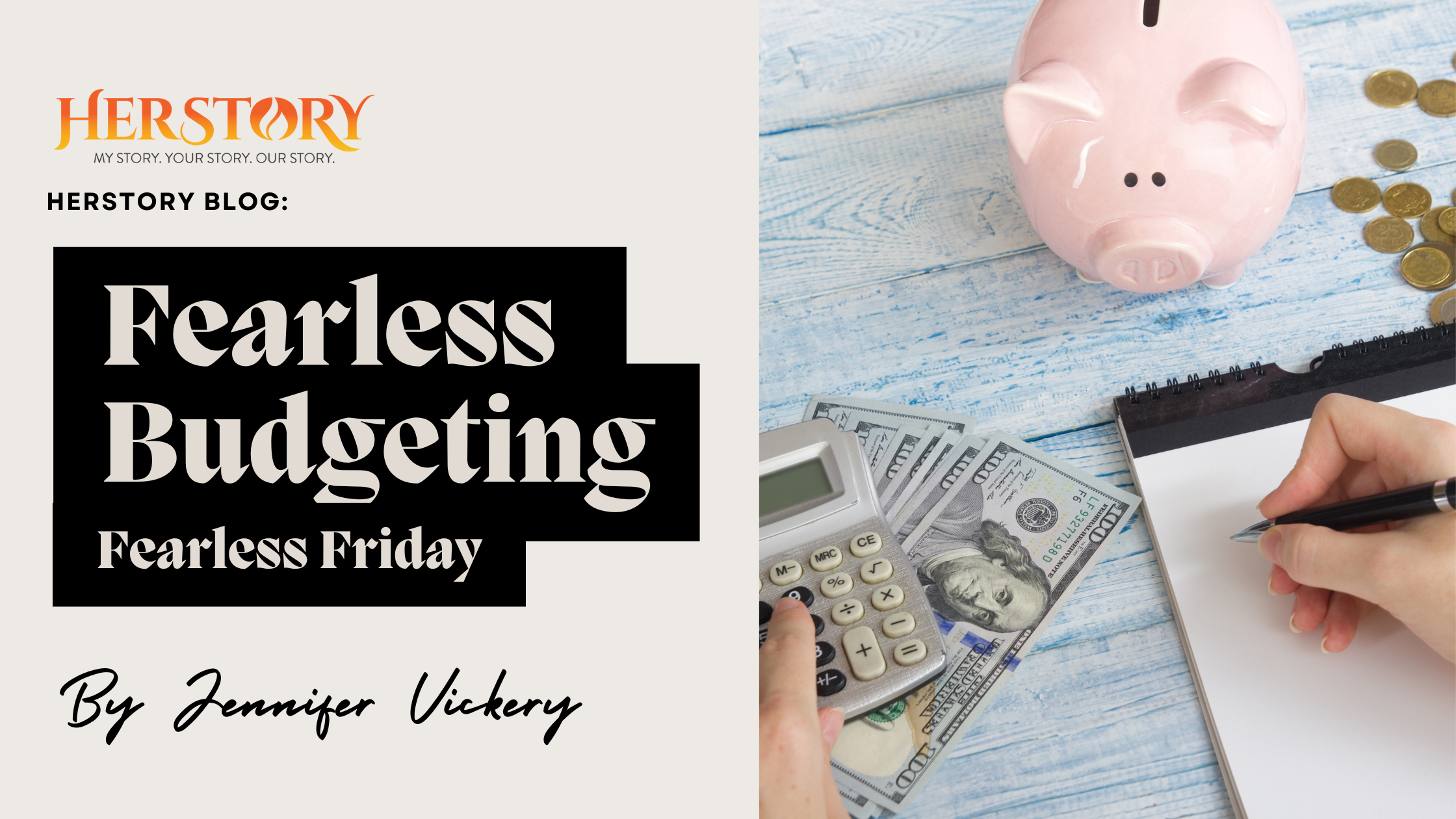
31 Jan Fearless Budgeting for 2025: Taking Control of Your Finances
By Jennifer Vickery
Budgeting can feel overwhelming, even intimidating. Many of us avoid it because we don’t want to face the reality of our finances. But what if we shift our perspective? Instead of seeing budgeting as restriction, what if we saw it as a tool for empowerment? This year, it’s time to take fearless control of our financial future.
Why Budgeting Matters
Financial control isn’t just about dollars and cents—it’s about freedom. Too often, women find themselves stuck in situations—whether in relationships, jobs, or living conditions—because of financial dependency. When you take control of your budget, you gain choices. And choices lead to solutions that can change your life for the better.
The Zero-Dollar Budget: Every Dollar Has a Purpose
One of the most powerful budgeting tools is the zero-dollar budget. Here’s how it works:
- Every dollar you earn is allocated to a specific category.
- Leftover change? Even those extra pennies have a purpose.
- At the end of the month, every single dollar has been directed toward a financial goal—whether it’s savings, paying off debt, or treating yourself.
For example, if you have $25 left in your gas budget, but you went over by $15 in haircare, you simply reallocate those funds. The remaining $10? Apply it toward your emergency fund, a vacation, or a new investment. This method ensures your money is always working for you.
There’s an App for That!
If you’re not sure where to start, budgeting apps can be a game-changer. Apps like EveryDollar, Mint, and YNAB (You Need A Budget) help you track expenses and manage your money effortlessly. They remove the guesswork and make budgeting simple and achievable.
You Can Still Have Fun
Budgeting doesn’t mean cutting out joy. In fact, it’s the opposite. When you plan for fun, you remove guilt from the equation. Love Starbucks? Add it to the budget. Girls’ night out? Plan for it. The key is intentional spending—knowing where your money is going and making conscious choices.
What Happens If You Overspend?
Life happens, and sometimes we overspend. But instead of feeling discouraged, use your budget as a flexible tool. If you overspent in one category, adjust from another. Keep a small buffer in your budget for unexpected expenses. Regularly review and tweak your plan so it fits your evolving needs.
Finding Hidden Money
One of the biggest surprises in budgeting is discovering hidden expenses. Have you ever checked your subscriptions? You might be paying for services you no longer use. I recently found $474 in unnecessary subscriptions just by doing a budget audit! Cancel unused memberships and redirect those funds to something more meaningful.
What Should You Be Saving For?
- Emergency Fund: At least three to six months of expenses.
- Debt Payoff: Credit cards, student loans, or personal loans.
- Future Goals: Travel, homeownership, education, or a dream project.
Final Thoughts: Budgeting = Power
Taking control of your finances isn’t just about numbers—it’s about reclaiming your independence and designing the life you want. This year, challenge yourself to fearlessly embrace budgeting. Your future self will thank you!

No Comments